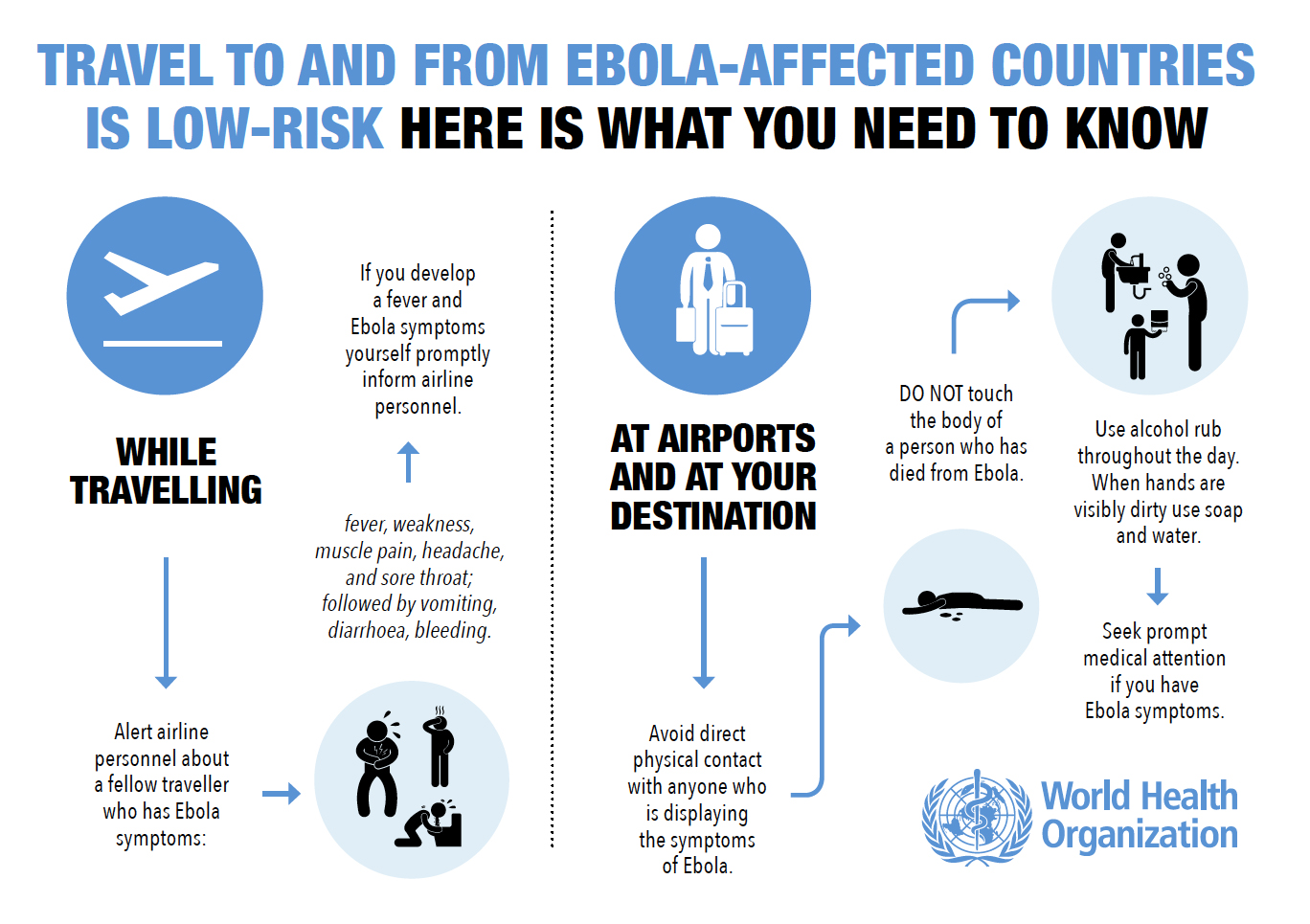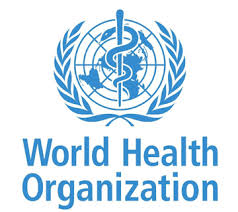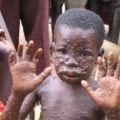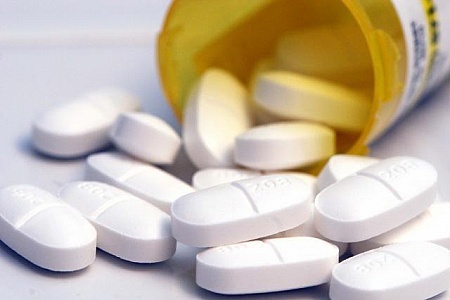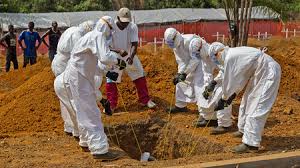
What is Ebola Virus Disease?
Ebola virus disease or EVD is a viral hemorrhagic fever of humans caused by ebolaviruses. The Signs and symptoms of Ebola disease typically start between two days and three weeks after contracting the virus with a fever, muscular pain, headaches and sore throat. This is usually followed by, vomiting, diarrhea and some people begin to bleed both internally and externally after the organs of the body become affected. The disease currently has no cure although a new Ebola vaccine is currently being tested following some recent outbreaks.
What You Should Do to limit Your Risk of Contracting Ebola disease
- Avoid bush meat or any meat you are not sure of its source.
- Wash your hands frequently with detergent, soap using clean water.
- Avoid or restrict trips to Ebola endemic countries (DRC , UGANDA , CONGO, GABON etc)
- Avoid unnecessary handshakes, get a hand sanitizer for people to use in your office and educate them on the importance of the sanitizers, Get one for your kids to use in school frequently and if possible for their class.
- Avoid buying food stuffs, clothing or other personal materials from markets/shops that share the same vicinity with live or roasted bush meat dealer’s or sellers
- Be careful with hands when using railings on the stairs, door knobs and other utilities used by the public.
- Gloves and other appropriate protective clothing should be worn when handling sick animals or their tissues
- Watch out for people with flu-like symptoms such as sudden fever
- Avoid Pig farms, Pig farms in Africa play a role in the amplification of infection because of the presence of fruit bats on these farms .in addition avoid bat meats and bat products
- Don’t kill yourself with Salt bath , salt water drinks and other unfounded prevention scams propagated on social Media
Measure for Health Workers
The world Health Organization (WHO) recommends the following standard precautionary measures in the care and treatment of all patients regardless of their perceived or confirmed infectious status. They include the basic level of infection control—hand hygiene, use of personal protective equipment to avoid direct contact with blood and body fluids, prevention of needle stick and injuries from other sharp instruments, and a set of environmental controls.
Signs and Symptoms of Ebola Virus Disease
1.Fever
2.Intense weakness
3.Muscle pain,
4.Headache and sore throat.
5.Followed by vomiting, Diarrhea, Rash, Impaired kidney and Liver function, and in some cases, both internal and external bleeding . See Healthy Nigerian food
“It is a tragedy, at rate at which EBOLA VIRUS is spreading in West Africa. It is a fatal disease in the history of the world. Intensive education (formal and informal approaches) of the citizens of African can help prevent the spread. International cooperation is urgently needed to combat the EBOLA virus.” ― Lailah Gifty Akita
Public Health Nigeria an Interdisciplinary public health movement focused on health education, advancing fair public health policies, promoting fitness, healthy diets, responsible behavior, community health and general well-being.


